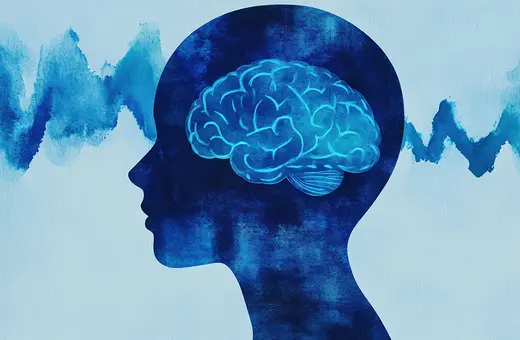The Left cannot be both Nationalist and Socialist at the same time. And yet national identity is a large part of liberation movements from the SNP to the FLN. There is an apparent contradiction in terms, if the Left wants to grip nationalism. In this article, Professor Roy Casagranda argues that a Nationalist Socialism based on national liberation rather than national supremacy is possible. Therefore, national identity can be an essential part of a liberatory socialist movement.
I’m going to start this conversation by making a seemingly contradictory statement. You cannot be a nationalist and a socialist, but Socialist Nationalism (a.k.a. Nationalist Socialism (not National Socialism)) is a legitimate form of socialism. For any conversation about that statement to be meaningful, we probably need to make sure we are using our language in the same way. Orwell’s warning about the decay of the English language came true, only the mechanism was not the one described in 1984. We disassembled the English language, especially in the US, using the thesaurus instead of the Newspeak Dictionary. Almost every word stands for a unique concept. If I can get you to believe that 5 words mean the same thing, I have destroyed 4 concepts or at least rendered having a conversation about them difficult if not impossible. One of the ways that this is manifest is the interchangeable usage of the terms: “country” and “nation” (especially in the US). The tragedy is that what is meant most of the time is a third term “state.” Neither country nor nation resembles state in any meaningful way.
 SUGGESTED READING
How liberals left liberty behind
By Toby Buckle
SUGGESTED READING
How liberals left liberty behind
By Toby Buckle
A state is a fully sovereign government that controls a discreetly defined territory. A province is a semi-sovereign government that is part of a state and has a discreetly defined territory. A country is a vague region that has a name and is widely believed to exist but rarely corresponds to any political entity. Where one country ends and another begins is usually in dispute. Countries can overlap, both in friendly and hostile ways, and they can be born and die (fade from memory). A nation is a group of people with a common identity, usually with a common language, and then with some mixture of common traditions, common history, and common DNA. The US is a state, the State of Texas is a province, Texas is a country, and the Comanche, Tonkawa, Karankawa, Spanish, and Germans are examples of three native and two colonizer nations that ended up in Texas.
A core principle of socialism is that all humans, ALL, have equal worth. No person’s life is more precious than anyone else’s. Therefore classism, sexism, misogyny, homophobia, ableism, ageism, fundamentalism, racism, and nationalism are anathema to socialism. Each of those reduces some group of people to a second class or subhuman status.





















Join the conversation